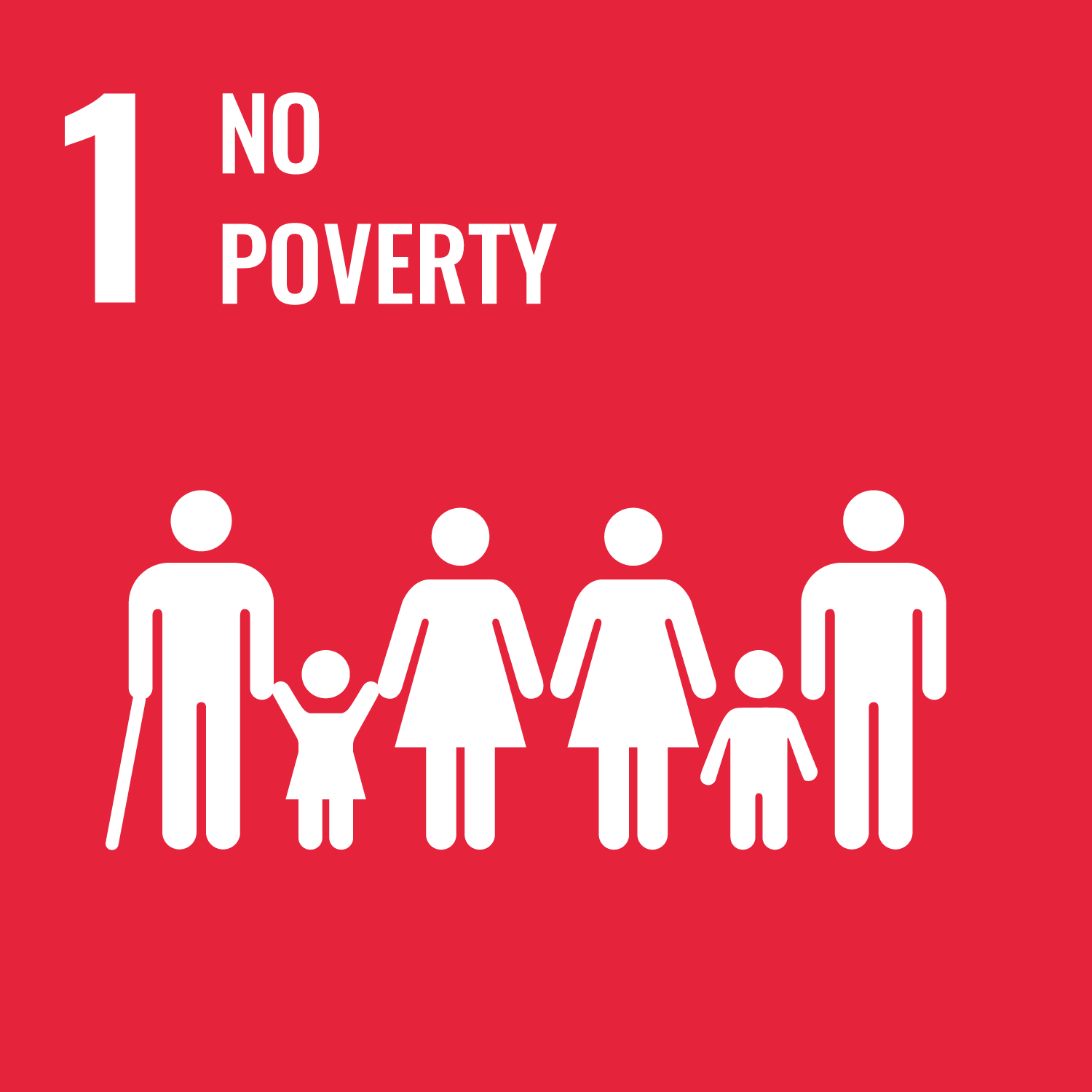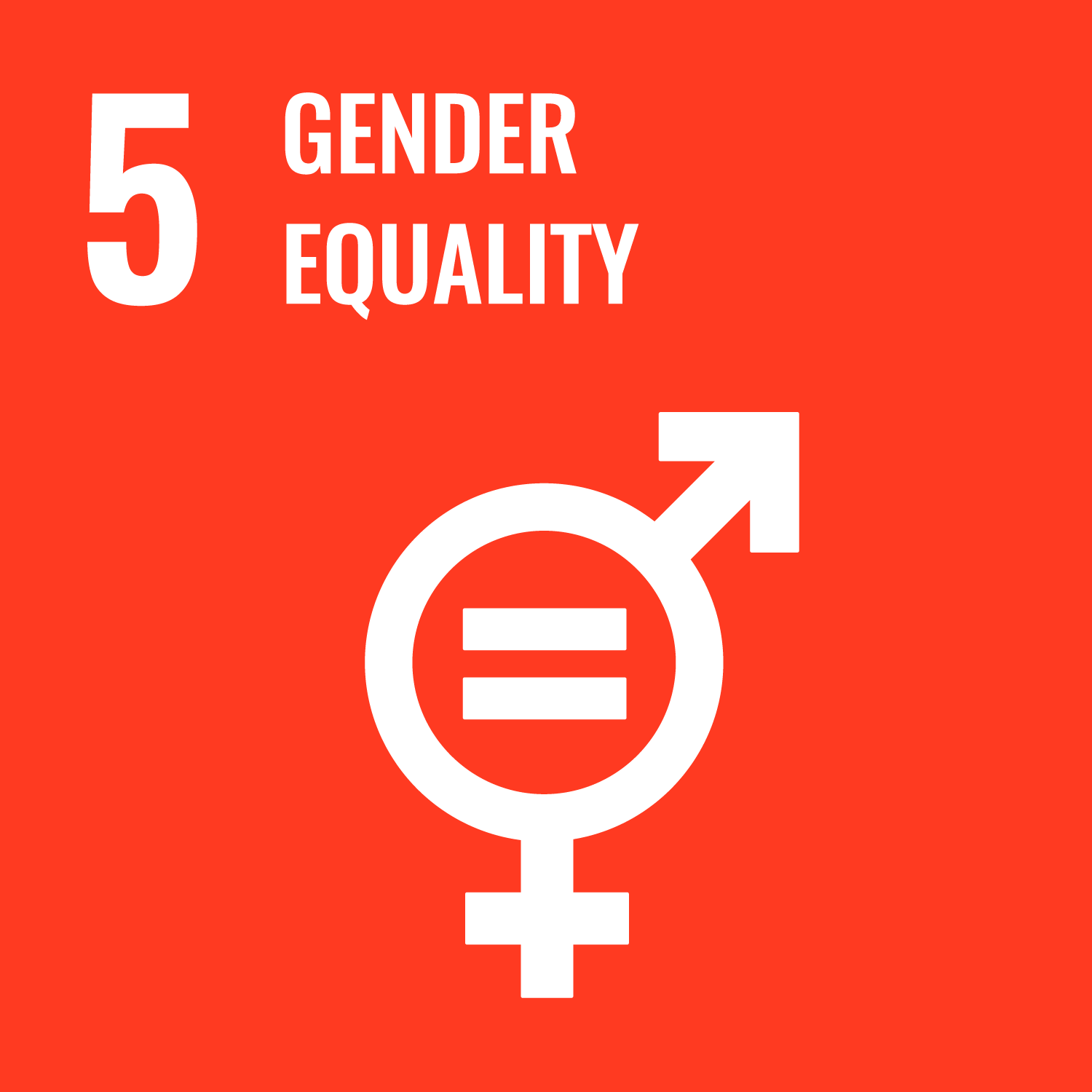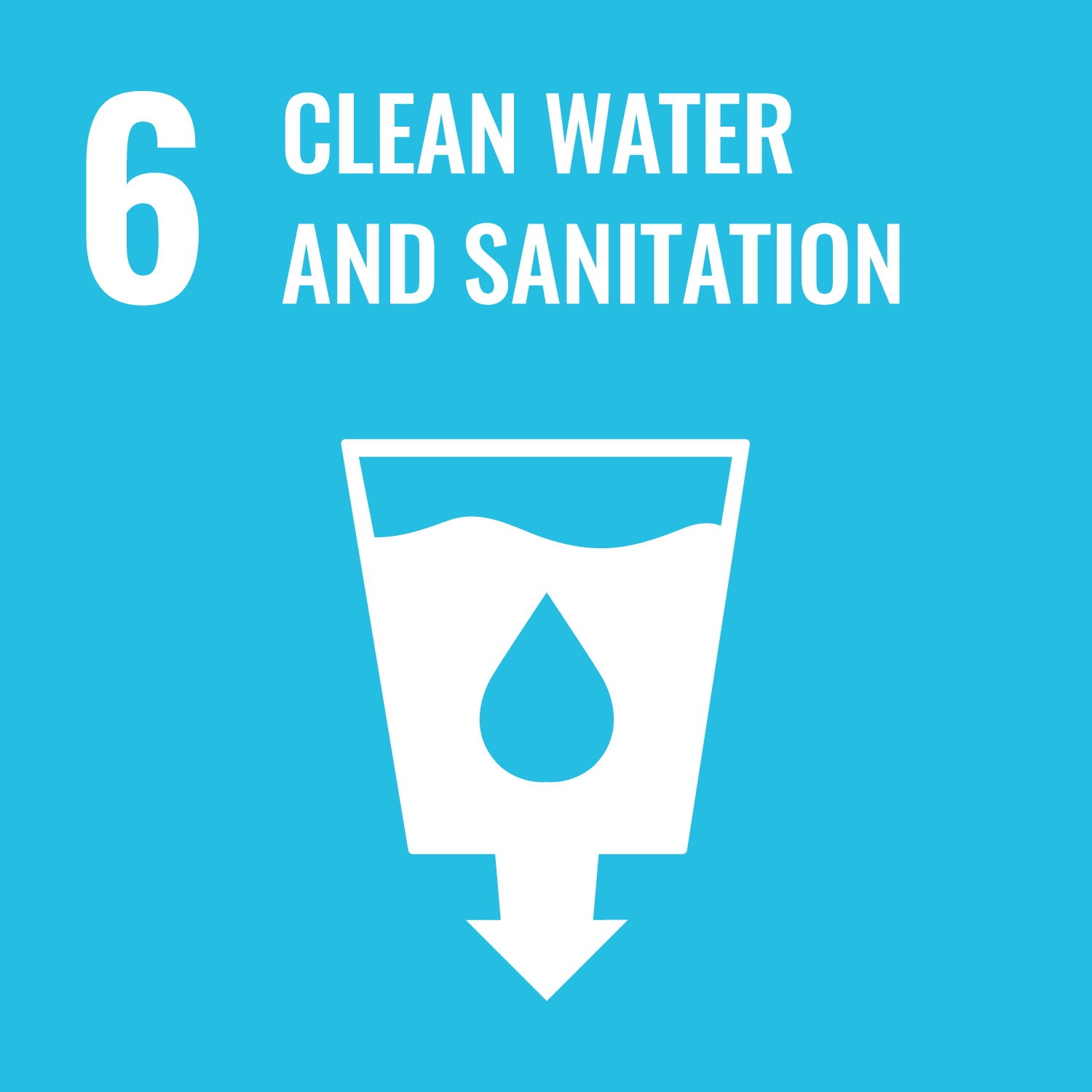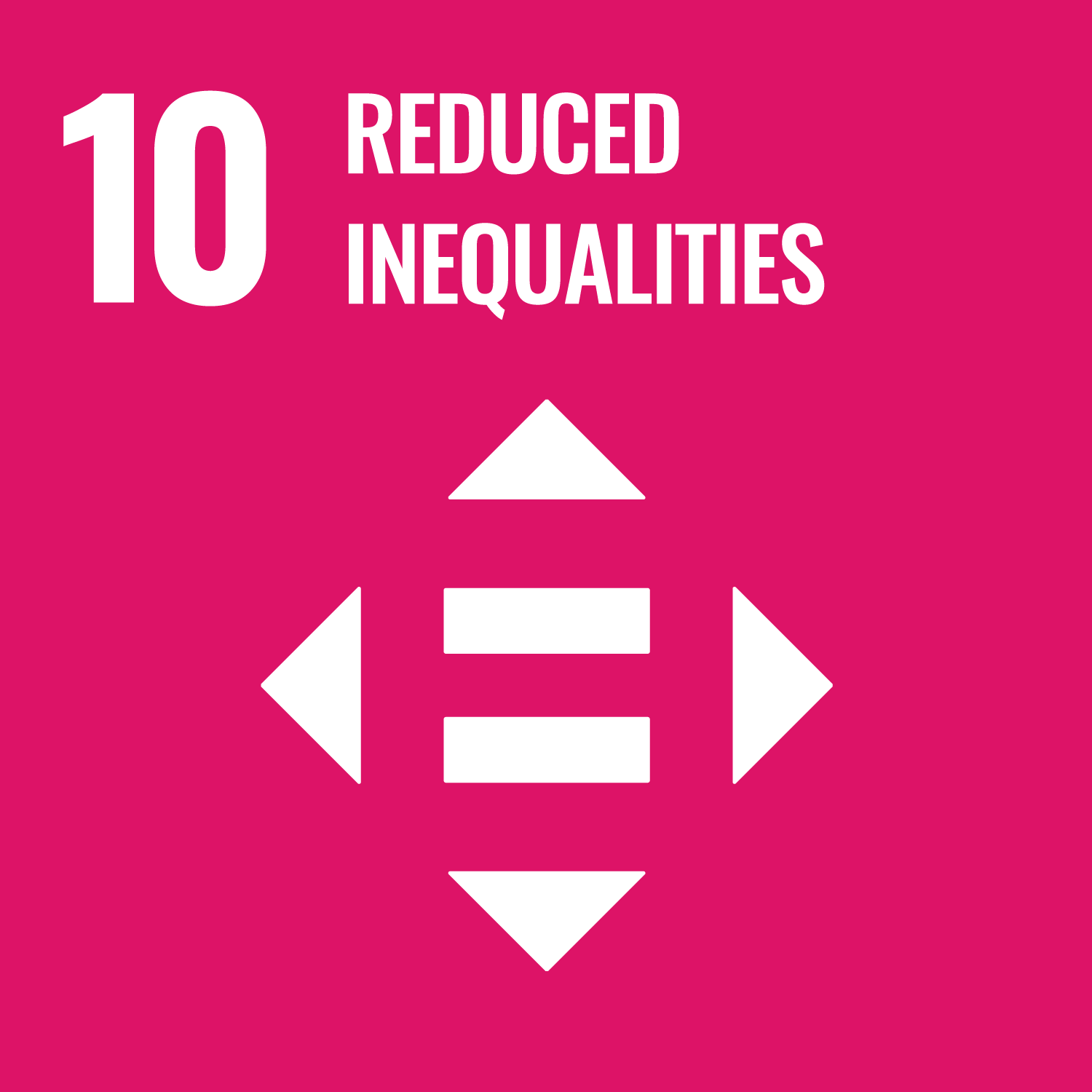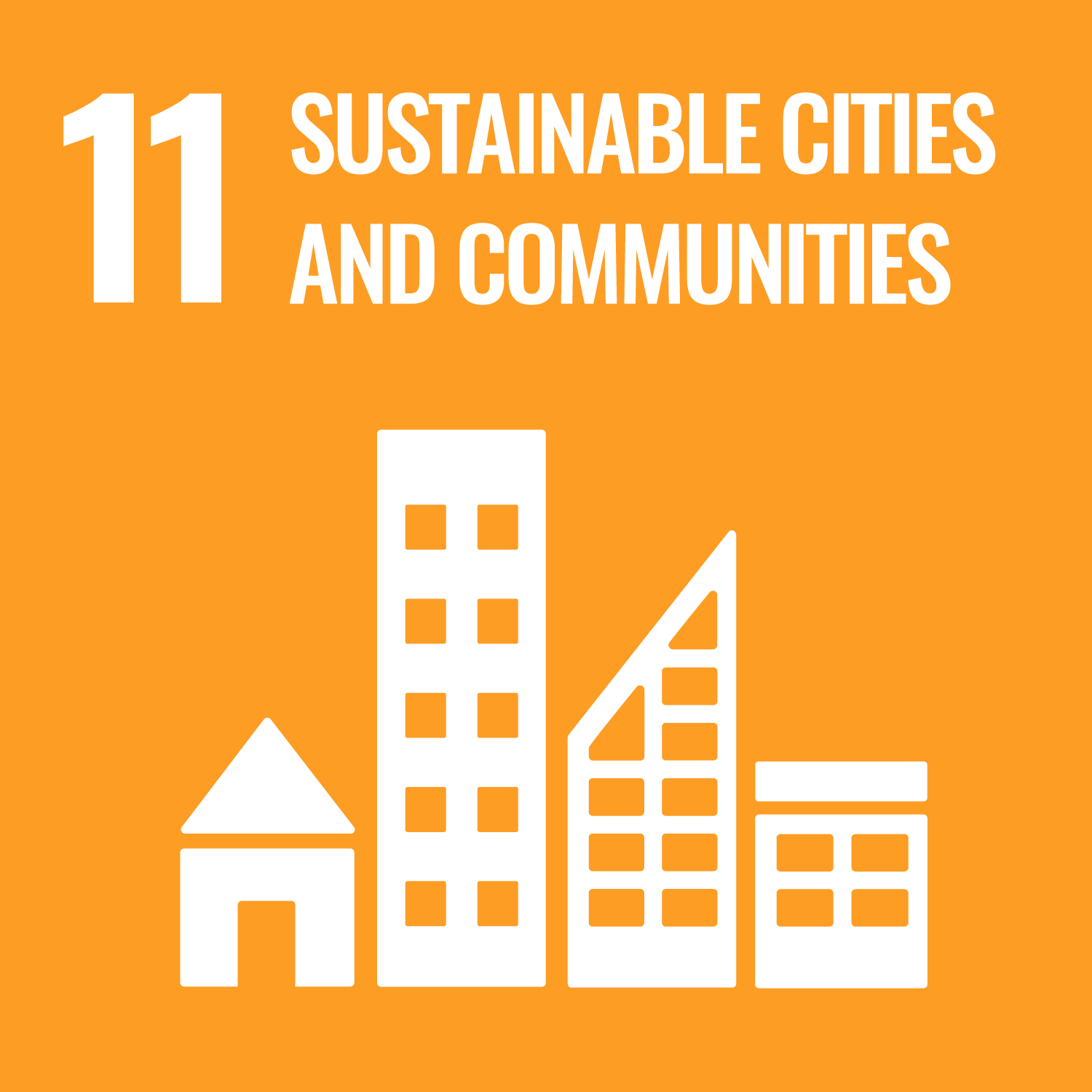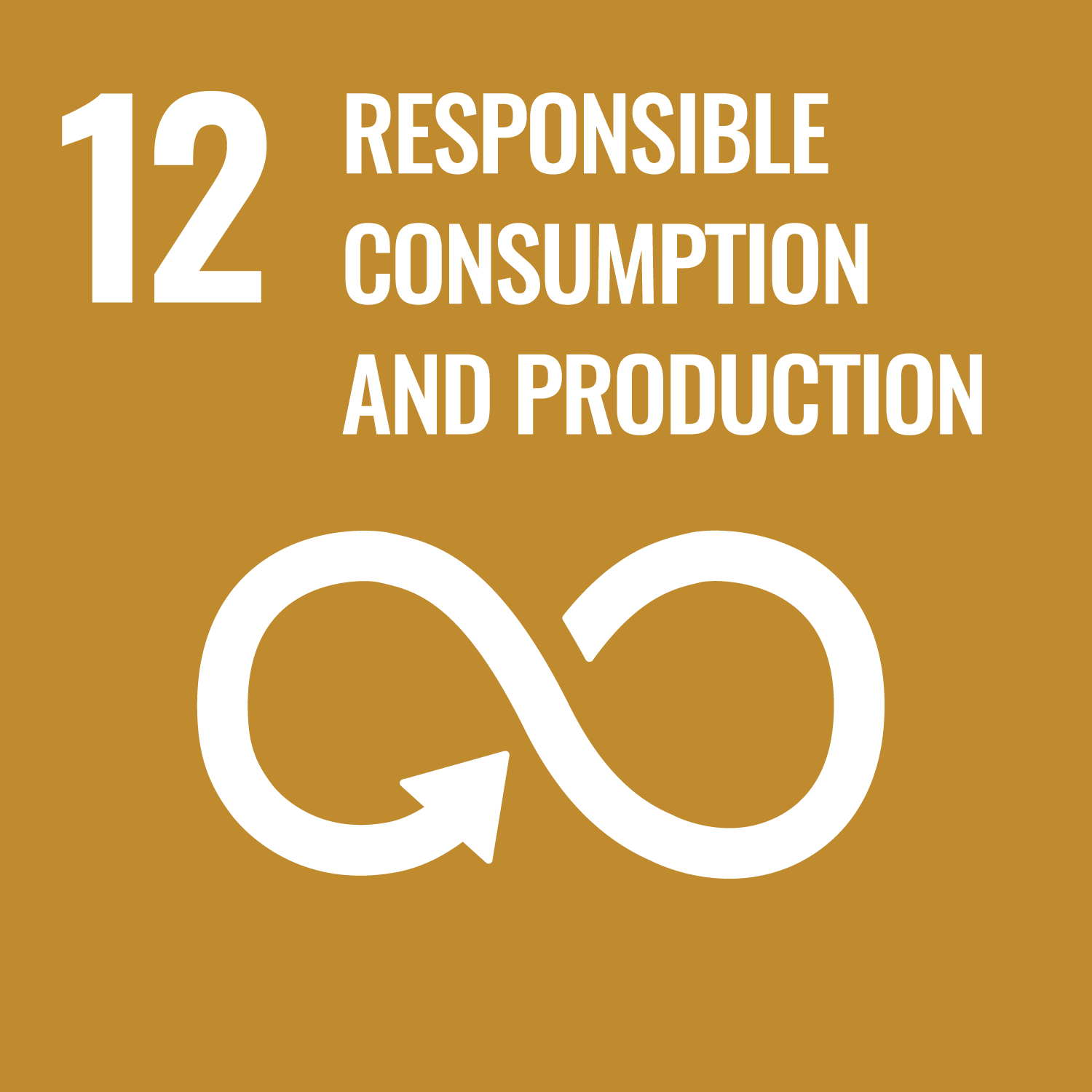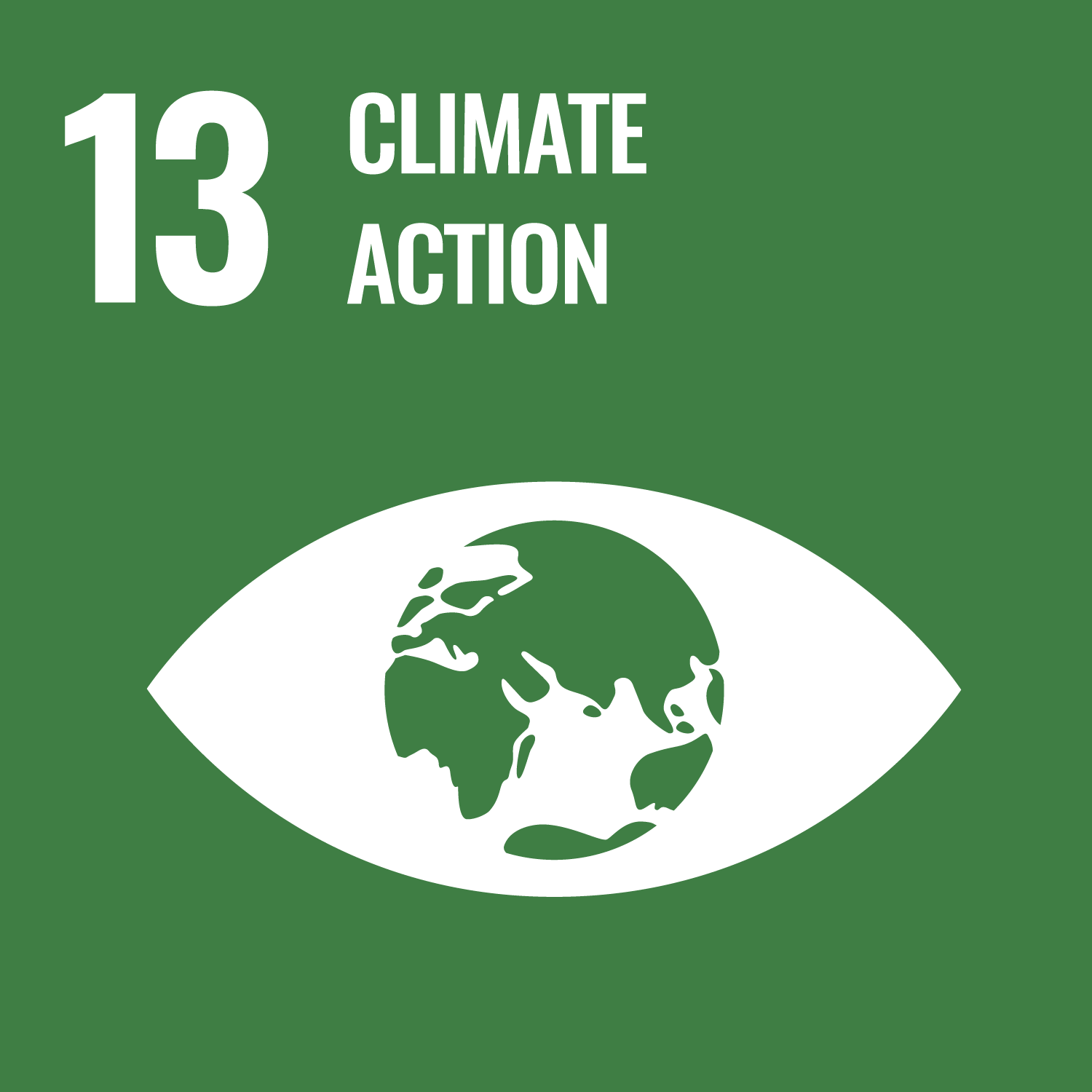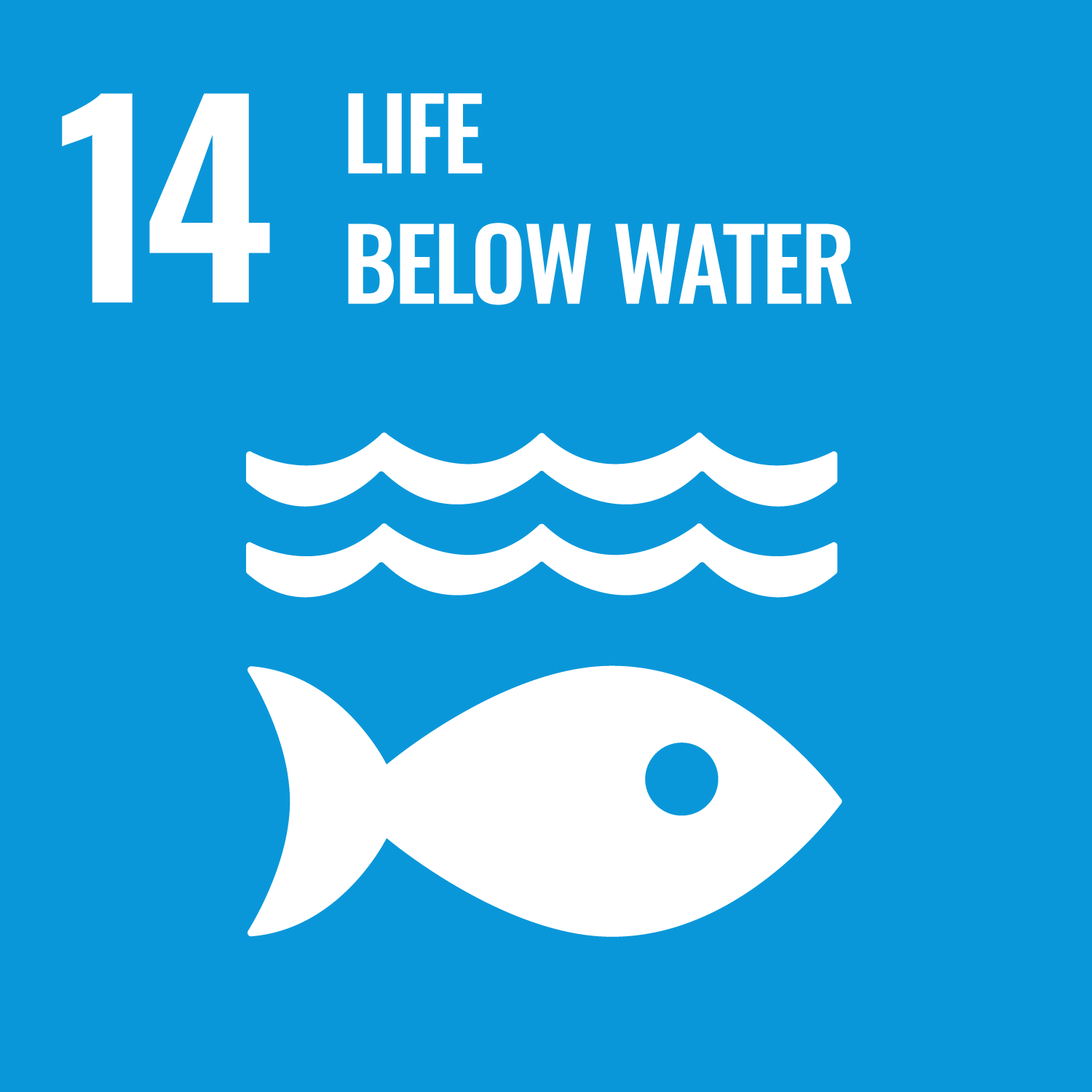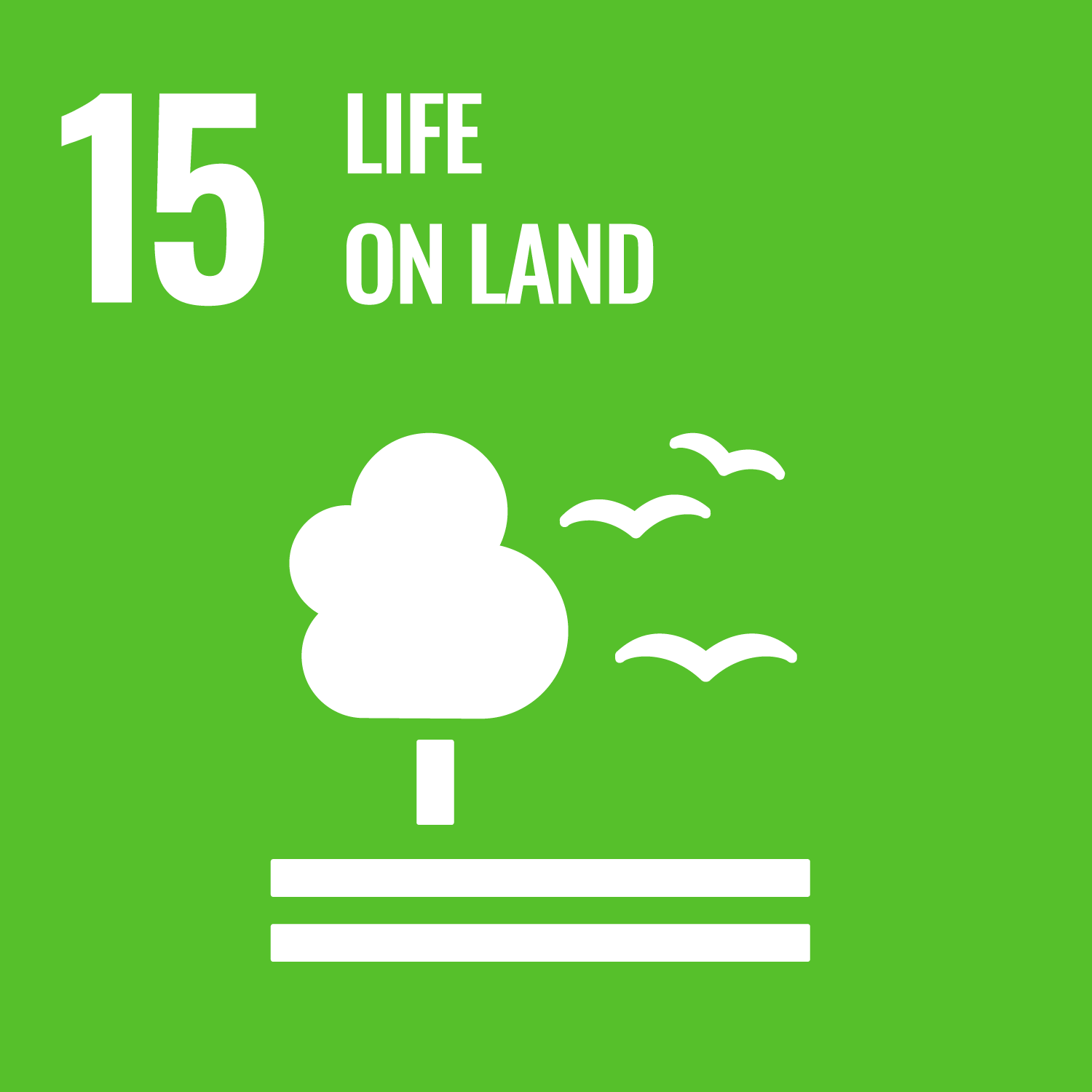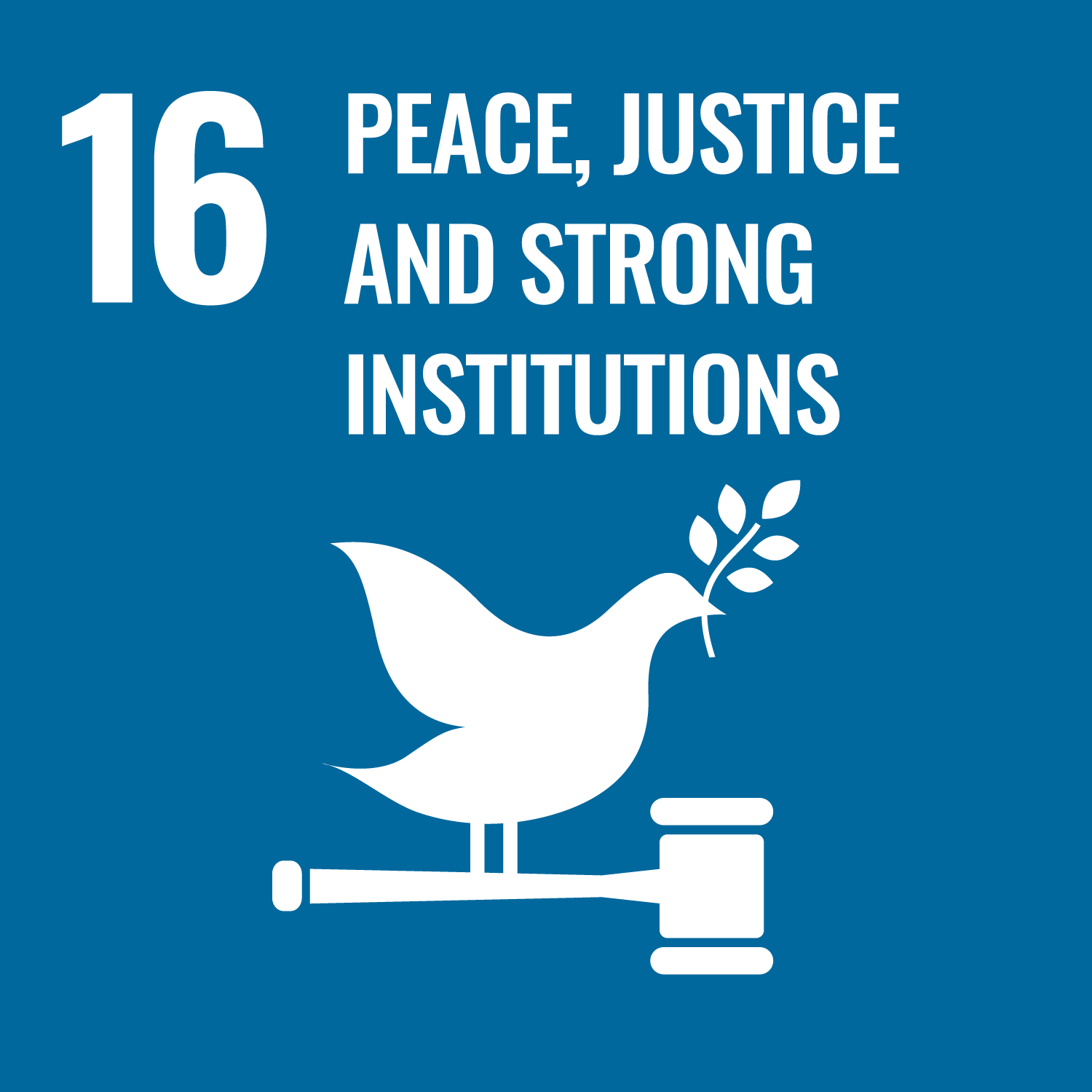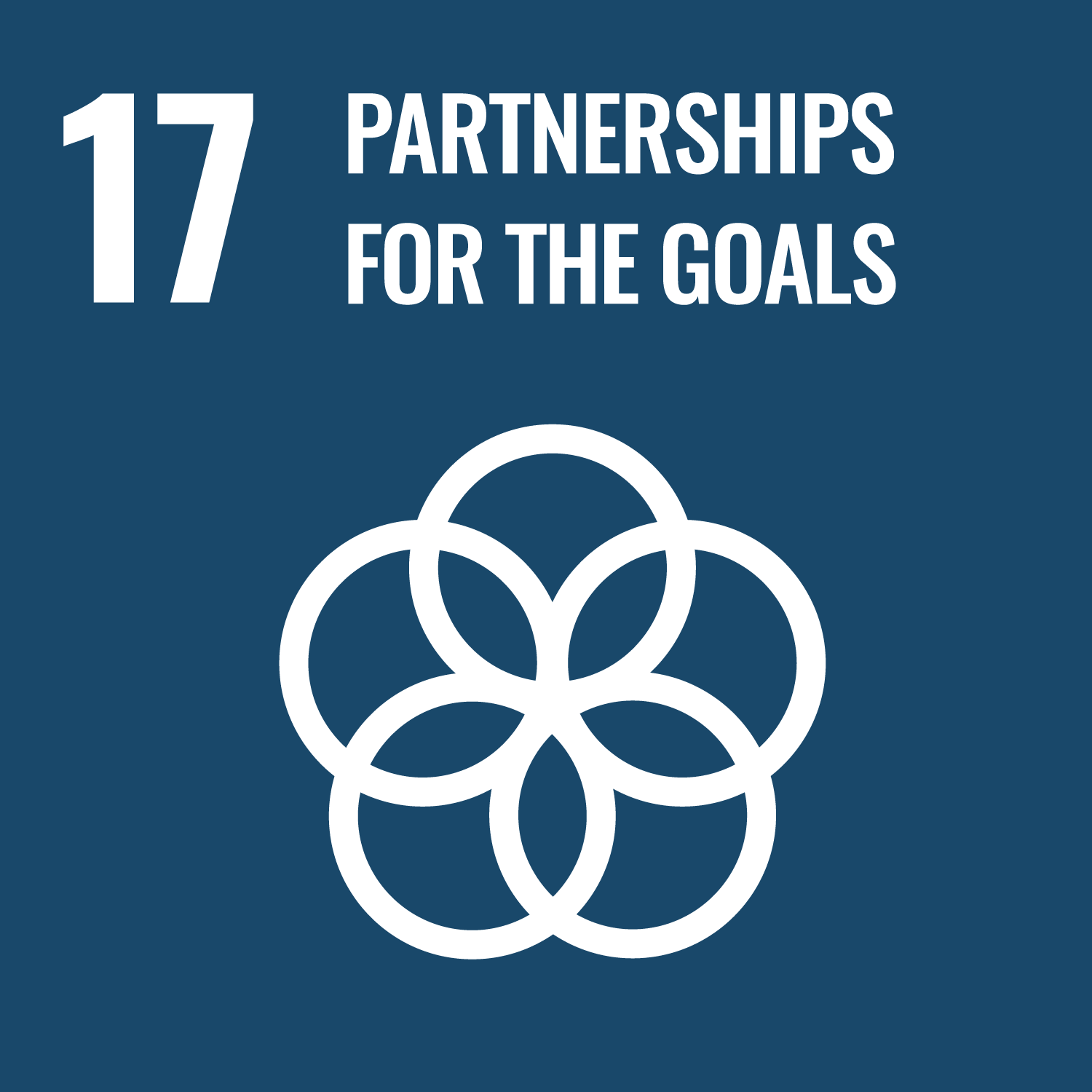Ecocide is the missing 5th crime against peace
The term ‘ecocide’, the extensive destruction of ecosystems, has been around since the 1970s when it was first recorded at the Conference on War and National Responsibility, Washington in February of that year.
From the 1970s onwards many academics and legal scholars argued for the criminalisation of ecocide and debated the elements required for such an international crime. During the 1970s, 80s and 90s making ecocide an international crime was also considered by the United Nations International Law Commission (ILC) for inclusion in the Code of Crimes Against the Peace and Security of Mankind (‘the Code’), which later became the Rome Statute,1 and by the Sub-Commission on Prevention of Discrimination and Protection of Minorities for inclusion in the extension of the Convention on Genocide.2 A number of questions kept arising: Should ecocide be a crime in peacetime and wartime? Does the offender’s intent to commit the crime matter or are the
consequences of extensive destruction of ecosystems severe enough to warrant ecocide being a crime of strict liability regardless of the offender’s intent?
This report pieces together and examines the history of the Law of Ecocide, shedding a whole new light on a corner of history that would otherwise have remained buried. Perhaps one of the most interesting issues highlighted by this report concerns the manner in which ecocide, a concept
that was familiar and supported by many as one that should be enshrined in international law, was dropped by the ILC in 1996.
| Item Type | Monograph (UNSPECIFIED) |
|---|---|
| Subjects | Human Rights & Development Studies |
| Divisions | Human Rights Consortium |
| Date Deposited | 22 Jul 2013 14:41 |
| Last Modified | 05 Aug 2024 23:58 |
